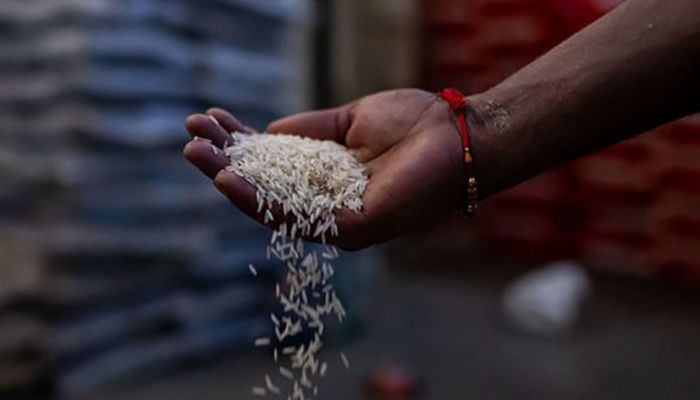
Bloomberg
Publish: 10 Sep 2023, 12:25 pm

The Philippine central bank warned this week that it’s ready to resume monetary tightening if needed || Photo: Collected
Surging rice prices in the Philippines could be a warning sign for other major importers of the food staple as the fallout from India's export restrictions continues to reverberate across Asia and West Africa.
Rice inflation in the Southeast Asian nation increased at the fastest pace in almost five years in August, reviving memories of a 2018 shock that led to the end of a two-decade-old limit on imports. The Philippine central bank warned this week that it's ready to resume monetary tightening if needed, while diplomacy and deals reign elsewhere as other countries rush to secure supply.
"We're seeing a great deal of uncertainty," said Shirley Mustafa, an economist at the United Nations' Food and Agriculture Organization. "Price pressure is being exacerbated by the restrictions."
India's restrictions have upended the market and prompted worried nations to secure supply as they try and contain the rising cost of rice, which is a vital part of the diets of billions of people across Asia and Africa. Manila has placed a cap on prices, a measure that's led to the downfall of a finance official.
Finance Undersecretary Cielo Magno said she will resign after a Facebook post that appeared to question the recently implemented price cap. The limit was imposed earlier this month after an "alarming" increase in retail costs.
Supply security is at the top of the agenda for many consumers. Philippine President Ferdinand Marcos Jr. and Vietnamese Prime Minister Pham Minh Chinh met on the sidelines of the Asean summit in Jakarta and are planning a five-year deal. Senegal is making diplomatic overtures to India, taking similar steps to other nations including Guinea and Singapore to ensure supply.
Indonesia has agreed to sign a supply agreement with Cambodia for the first time in over a decade. The memorandum of understanding is for as much as 250,000 tons a year, more than double the volume of a similar deal in 2012. Jakarta has already pledged to provide 10 kilograms of the grain each month to millions of poor families during the fourth quarter of this year.
Other nations are taking steps to stem rising costs. Malaysia has implemented a purchase limit and started checks on wholesalers and commercial millers after allegations that local grain was being sold as imported rice at a higher price. Myanmar has also imposed a mandatory system to record volumes of stored rice to control domestic prices and deter speculation.
Some heat came out of the market this week with Asia's rice benchmark dipping slightly, but prices are still near the highest level since 2008.
This article first appeared on Bloomberg and the writers are Ben Sharples, Anuradha Raghu, and Manolo Serapio Jr
Subscribe Shampratik Deshkal Youtube Channel
© 2024 Shampratik Deshkal All Rights Reserved. Design & Developed By Root Soft Bangladesh